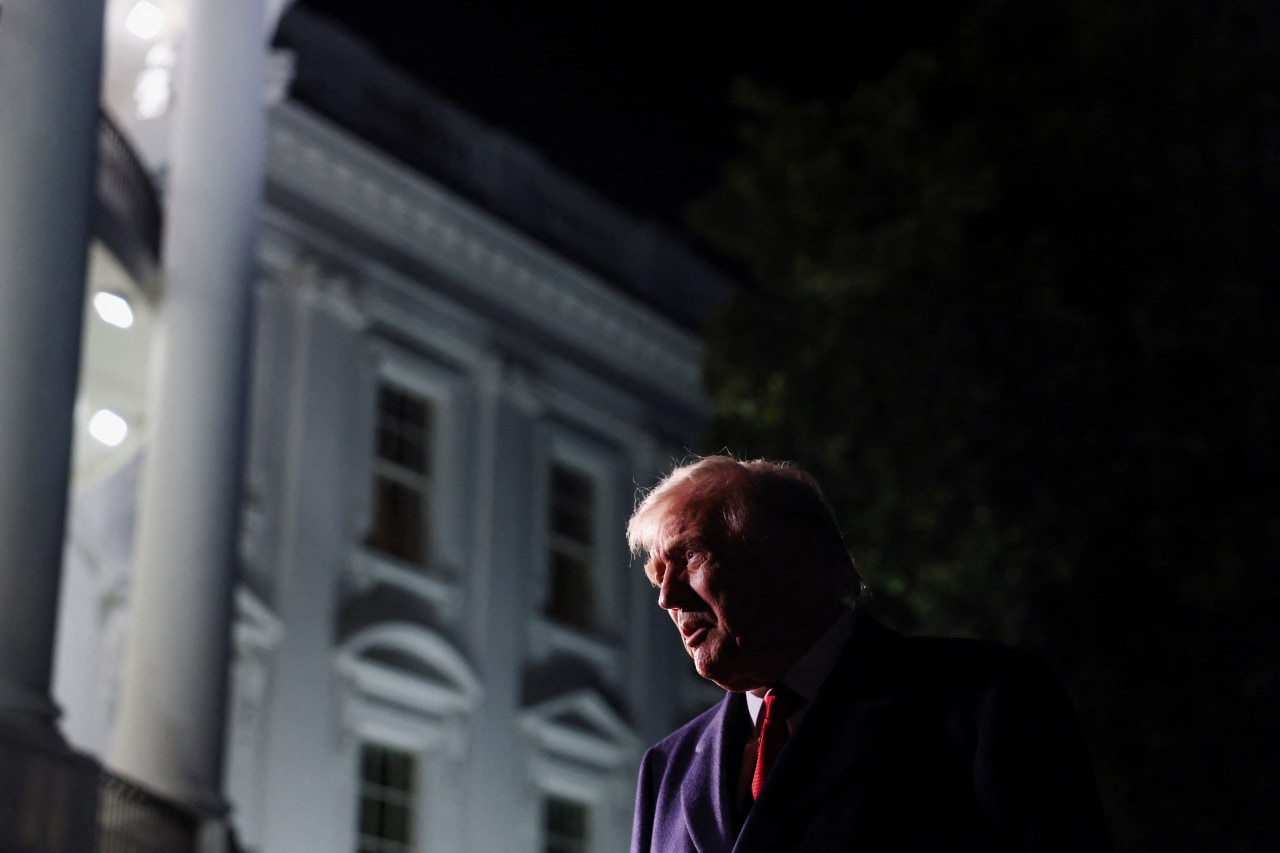Donald Trump has proposed a potential meeting with Kim Jong Un during his ongoing tour of Asia, calling for supporters to “put out the word.” The former U.S. president’s offer comes despite North Korea’s refusal to engage in discussions about denuclearization, a key topic in past negotiations between the two leaders. The meeting could enhance Kim’s global standing, placing him in the spotlight of international diplomacy.
During a recent event in Tokyo, Trump expressed his willingness to engage with the North Korean leader again. He characterized such a meeting as a significant opportunity for both parties to address pressing issues. “If we can come together, it could be a tremendous step forward for peace and stability,” Trump stated.
Despite Trump’s enthusiasm, analysts note that North Korea has consistently avoided talks on denuclearization since the breakdown of negotiations in 2019. The regime’s insistence on maintaining its nuclear arsenal complicates any potential dialogue. However, a meeting between Trump and Kim could serve to bolster Kim’s legitimacy on the world stage, particularly as his regime faces internal challenges.
The backdrop of this proposal includes a series of diplomatic initiatives in the region. Trump’s Asia tour aims to strengthen ties with allies while addressing security concerns posed by North Korea. His ability to negotiate directly with Kim would be seen as a bold move, potentially reviving the stalled diplomatic efforts from previous years.
In recent months, North Korea has ramped up its missile testing program, further complicating any discussions regarding denuclearization. The international community remains watchful, as any new developments could have significant implications for regional stability.
While Trump’s proposal has sparked interest, experts remain skeptical about the likelihood of a successful outcome. “The fundamental issues remain unchanged, and Kim is unlikely to make concessions that would jeopardize his regime,” stated Michael Green, a senior vice president for Asia at the Center for Strategic and International Studies.
This diplomatic overture is not the first for Trump, who met with Kim in Singapore in June 2018 and again in Hanoi in February 2019. Both meetings ended without concrete agreements, raising questions about the effectiveness of such high-profile encounters.
As the situation evolves, the international community will be watching closely. A meeting between Trump and Kim could either pave the way for renewed negotiations or further entrench divisions. The outcome will depend on both leaders’ willingness to engage in substantive dialogue and address the underlying issues that have hindered progress in the past.
In conclusion, Trump’s suggestion to meet Kim Jong Un marks a notable moment in ongoing diplomatic efforts regarding North Korea. While the prospect of renewed talks is enticing, the complexities of the situation underscore the challenges that lie ahead.







